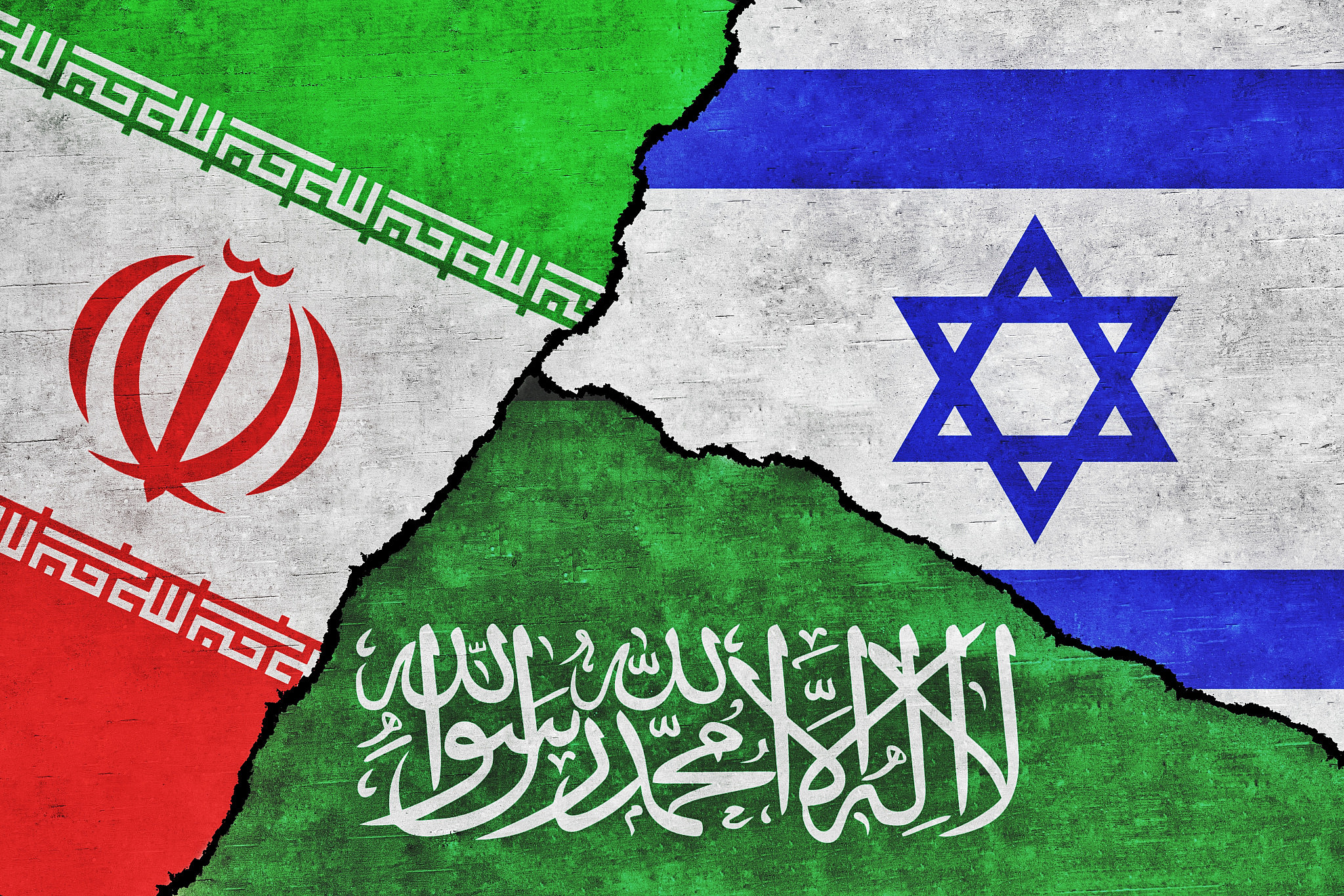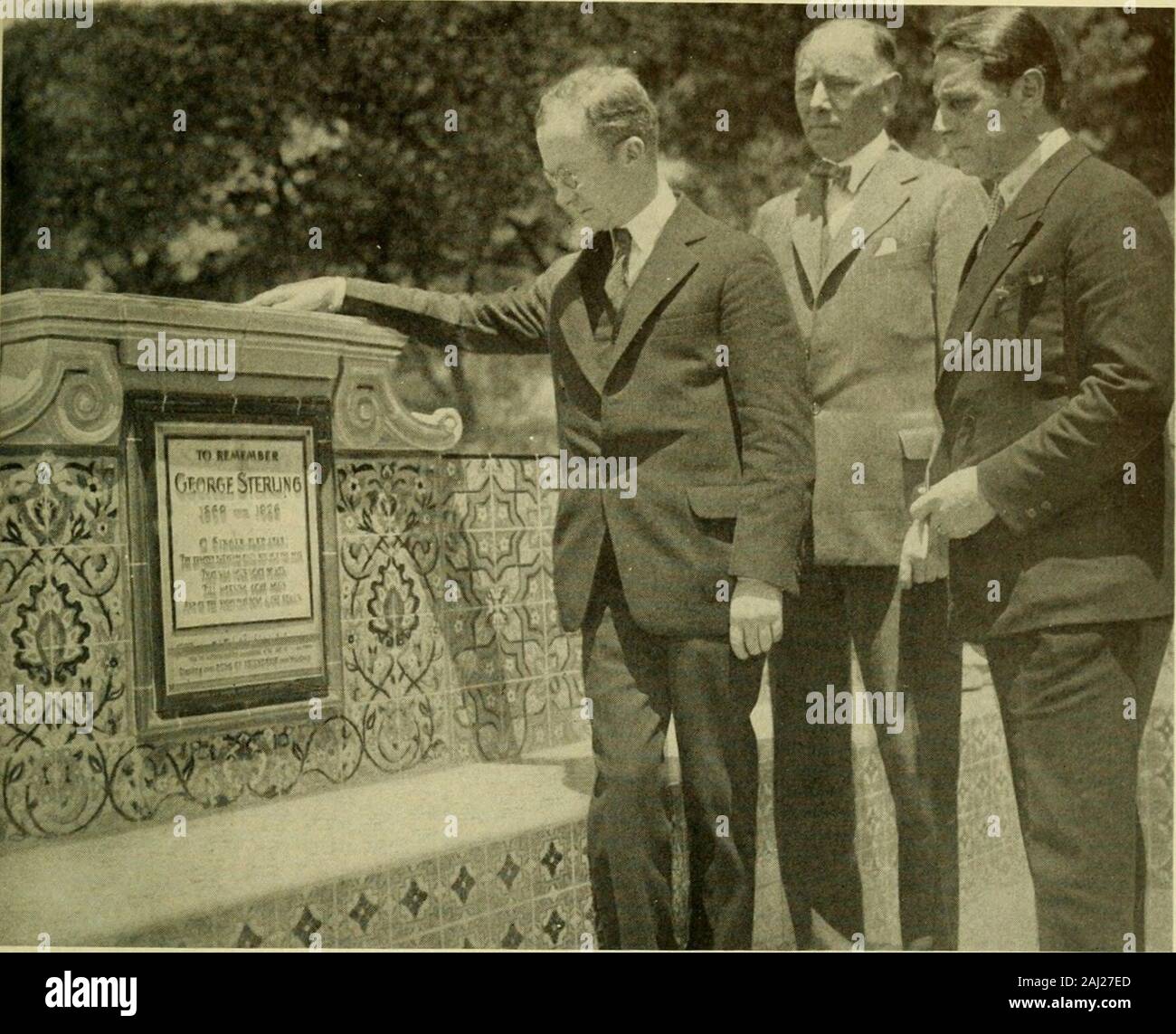Analyzing Trump's Middle East Visit: Impact On Arab-Israeli Relations

Table of Contents
The Abraham Accords: A Landmark Achievement or a Short-Term Solution?
The Abraham Accords, brokered by the Trump administration, represent a landmark shift in Arab-Israeli relations. These normalization agreements, while celebrated by some, also face significant criticisms and challenges to their long-term viability.
Normalization Agreements and Their Implications:
The Abraham Accords saw several Arab nations normalize relations with Israel, including:
- The United Arab Emirates (UAE)
- Bahrain
- Morocco
- Sudan
These agreements resulted in:
- Increased economic cooperation, including trade deals and tourism.
- Enhanced security cooperation, particularly in intelligence sharing and counter-terrorism efforts.
- The potential for further normalization efforts with other Arab states, including Saudi Arabia.
However, criticism surrounds the accords, focusing primarily on:
- The exclusion of the Palestinian Authority from the negotiations.
- Concerns that the agreements prioritize Israeli interests over Palestinian rights.
- Skepticism about the long-term sustainability of the accords in the face of regional instability.
Long-Term Sustainability and Challenges:
The long-term success of the Abraham Accords hinges on several crucial factors:
- Regional Stability: Continued regional conflicts and instability could undermine the agreements.
- Palestinian Issue: The lack of progress on the Palestinian issue remains a significant obstacle to lasting peace and could fuel resentment against the normalization agreements.
- Domestic Politics: Changes in domestic politics within any of the involved nations could impact the agreements' future. For example, shifts in leadership or public opinion could lead to renegotiations or even a reversal of the agreements.
Trump's Approach to the Israeli-Palestinian Conflict:
Trump's administration adopted a markedly pro-Israel stance, significantly altering US foreign policy in the region.
Shift in US Foreign Policy towards Israel:
Key aspects of Trump's pro-Israel policy included:
- Moving the US embassy to Jerusalem, a controversial decision that angered Palestinians and many in the international community.
- Reducing US pressure on Israel to negotiate with the Palestinians, a shift that many saw as hindering the peace process.
- Cutting funding to the United Nations Relief and Works Agency for Palestine Refugees in the Near East (UNRWA).
This shift dramatically impacted the perception of US neutrality in the conflict, potentially harming its credibility as a mediator.
The Impact on the Two-State Solution:
Trump's policies cast significant doubt on the viability of the two-state solution, the long-standing framework for resolving the Israeli-Palestinian conflict.
- The lack of serious engagement with the Palestinians further reduced the prospects for a two-state outcome.
- Both Israeli and Palestinian stakeholders hold differing views on the feasibility and desirability of a two-state solution, with the Palestinian perspective largely disillusioned by years of failed negotiations.
- International actors, while officially supporting the two-state solution, have exhibited varying degrees of commitment and influence.
Regional Power Dynamics and Shifting Alliances:
Trump's Middle East policies triggered significant shifts in regional power dynamics and alliances.
Changes in Relationships between Arab States:
The Abraham Accords led to:
- A realignment of some Arab states away from traditional anti-Israel stances.
- Increased cooperation among nations previously at odds.
- New strategic partnerships based on shared interests and security concerns.
However, these shifts also exacerbate existing regional rivalries and conflicts.
The Role of Iran in the Changed Landscape:
Iran, a major regional power, reacted negatively to the normalization agreements.
- Increased tensions between Iran and Israel's newly formed allies are a direct consequence.
- Iran's response to these agreements may include increased support for militant groups and proxy conflicts.
- The shifting alliances directly impact regional security and stability, contributing to a more complex and volatile environment.
Conclusion:
Trump's Middle East visit and subsequent policies, particularly the Abraham Accords, profoundly impacted Arab-Israeli relations. While the agreements brought about unprecedented normalization between some Arab states and Israel, ushering in new economic and security partnerships, they also raised concerns about the Palestinian issue and the long-term stability of the region. The shift in US foreign policy towards a more pro-Israel stance further complicated the Israeli-Palestinian conflict and potentially damaged the prospects for a two-state solution. The long-term implications for regional stability and the prospects for peace remain uncertain, with many unresolved challenges still present. To further delve into the complexities of Trump's Middle East visit impact on Arab-Israeli relations, explore additional resources and engage in informed discussions.

Featured Posts
-
 Tatis Jr S Walk Off Homer Sinks Angels Despite Late Lead
May 18, 2025
Tatis Jr S Walk Off Homer Sinks Angels Despite Late Lead
May 18, 2025 -
 Indian Businesses And Consumers Boycott Pakistan Turkey And Azerbaijan
May 18, 2025
Indian Businesses And Consumers Boycott Pakistan Turkey And Azerbaijan
May 18, 2025 -
 Netflix Series Reveals Phone Call Leading To Bin Ladens Capture
May 18, 2025
Netflix Series Reveals Phone Call Leading To Bin Ladens Capture
May 18, 2025 -
 Ranking Taylor Swifts Taylors Version Albums A Critical Review
May 18, 2025
Ranking Taylor Swifts Taylors Version Albums A Critical Review
May 18, 2025 -
 Osama Bin Laden Charting The Fall Of A Global Terrorist Leader
May 18, 2025
Osama Bin Laden Charting The Fall Of A Global Terrorist Leader
May 18, 2025
Latest Posts
-
 The One Thing That Upset Gilbert Burns More Than His Recent Losses
May 18, 2025
The One Thing That Upset Gilbert Burns More Than His Recent Losses
May 18, 2025 -
 What Bothered Gilbert Burns More Than His Losses
May 18, 2025
What Bothered Gilbert Burns More Than His Losses
May 18, 2025 -
 Ufc Fight Night 220 Burns Vs Morales Date Time Location And Fight Card
May 18, 2025
Ufc Fight Night 220 Burns Vs Morales Date Time Location And Fight Card
May 18, 2025 -
 Ufc Vegas 106 The Real Deal Morales Stunning Victory
May 18, 2025
Ufc Vegas 106 The Real Deal Morales Stunning Victory
May 18, 2025 -
 Tragedy At Fsu The Story Behind One Victims Family Connection To The Cia
May 18, 2025
Tragedy At Fsu The Story Behind One Victims Family Connection To The Cia
May 18, 2025
